Vulnerable households to feel pain of power bill subsidy expiry
Up to five million households face big power bill rises if taxpayer funded energy subsidies don’t extend into the next financial year.
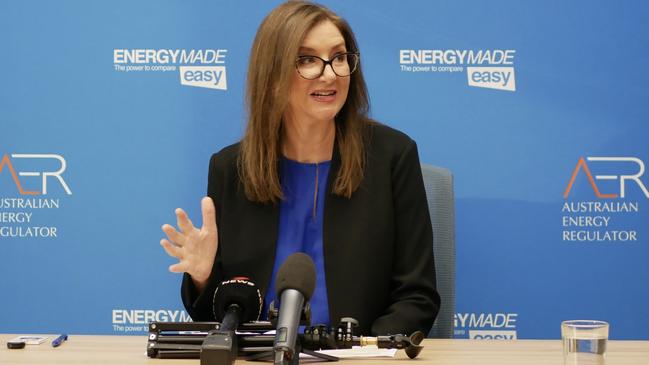
As many as five million households face big increases in their power bills if taxpayer-funded energy subsidies do not extend into the next financial year, piling pressure on Jim Chalmers to announce new relief in the May 14 budget.
The effect of the subsidies coming off in July would wipe out the predicted drop in power bills, which the Australian Energy Regulator revealed on Tuesday could be as much as 7.1 per cent in 2024-25.
Energy Minister Chris Bowen said the AER’s release of the default market offer – the maximum price retailers can charge for electricity – showed prices were beginning to stabilise “after the world’s biggest energy crisis in 50 years”.
“Today’s figures show a welcome downward trend for prices following the biggest global energy crisis since the 1970s – but we know there’s more to do to get cheaper energy in the grid for Aussie families and businesses,” Mr Bowen said.
Labor’s trumpeting of the AER’s proposal on Tuesday that the default market tariff should fall by between 0.4 per cent and 7.1 per cent for households and by up to 10 per cent for businesses from July sparked outrage from the Coalition, which blasted the Albanese government for having failed to deliver the $275 cut to electricity bills it promised at the 2022 election.
Rather than a reduction in energy prices, the Coalition pointed to increases of more than $750 in some jurisdictions since Labor came to power.
Opposition energy spokesman Ted O’Brien declared Labor “had fallen short by up to $1027 of its promised price reduction for everyday households”.
“The … figures indicate that any hope has been snuffed out of Labor delivering on as $275 promise,” Mr O’Brien said.
“As a result, to the people of Australia we say: ‘Albo owes you’. Since Labor took office, western Sydney has been hit hard, with customers experiencing a cumulative electricity cost increase of up to 37.34 per cent, or $752.”
Mr O’Brien accused Labor of prematurely closing baseload power stations and botching the rollout of its ambitious renewables program, while arguing again for nuclear power to be considered.
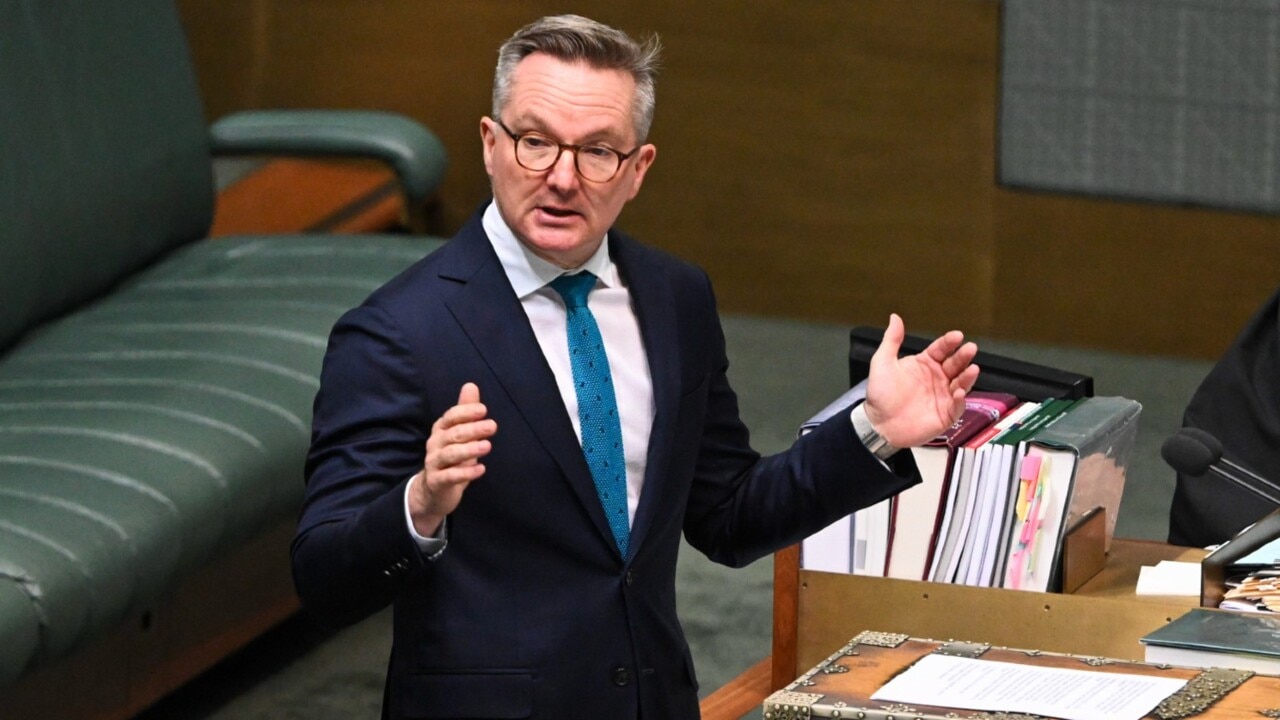
Labor has maintained nuclear power “doesn’t stack up” economically, while Mr Bowen questioned “the morality” of the power source this week.
While admitting there was more work to do on driving down energy prices, Mr Bowen would not abandon the promise that Australians would see a $275 drop in prices compared with May 2022 levels in the future. “I’m not going to pre-empt next year’s default market offer,” Mr Bowen said.
Mr O’Brien raised concerns with the number of people entering hardship arrangements, claiming 500 families were had done so with their retailers because they could not pay their energy bills.
Labor committed $1.5bn to an energy bill relief fund in May last year that was matched by the states and delivered hundreds of dollars in subsidies to lower-income Australians, including those receiving welfare or on the aged pension, and small businesses. That federal funding, which began flowing from mid-last year has since reached more than one in two households.
NSW Energy Minister Penny Sharpe said her government was delivering almost $1bn worth of rebates through the funding agreement with the commonwealth, and flagged that her government would continue to subsidise energy bills beyond June 30, with or without support from the Albanese government.
“The discussion around rebates into the future is ongoing,” Ms Sharpe said. “We are obviously extremely mindful of the impact of energy bills on households.
“(Energy) prices are on the way down, which is very good news. And support from … this government will continue to make sure that people can pay their bills.”
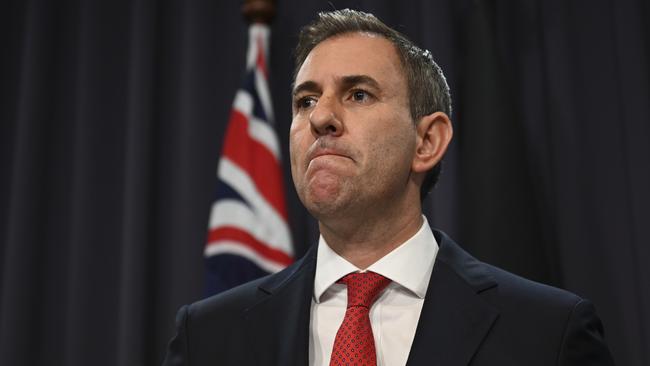
Treasurer Jim Chalmers said last week that while the revamped stage three tax cuts would be “the most substantial cost of living help in the budget … there might be an opportunity to do something more targeted, more akin to the sorts of things that we did before we made the change on tax”.
Mr O’Brien warned further subsidy programs were “only dealing with symptoms” of a plagued energy sector and would not reveal whether the Coalition would be in favour of more support.
The Australian Bureau of Statistics has reported that the federal-state energy bill relief program has lowered the average electricity price as measured in the consumer price index by about 15 per cent since the introduction of subsidies last July. Analysis of the ABS data suggests that even with a 3.5 per cent drop in power prices from mid-2024, removing the subsidies would lead to a roughly 6.5 per cent lift in average energy bills.
That would also add to inflationary pressures at a time when the RBA would be hoping it would be close to delivering its first rate cut since November 2020.

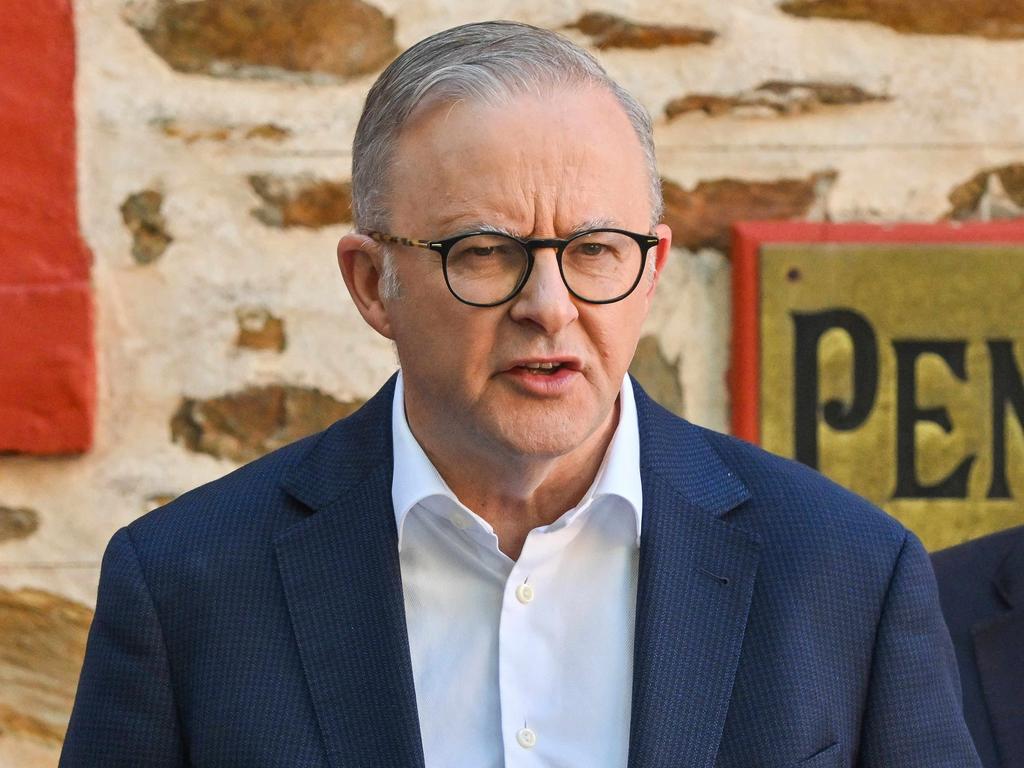

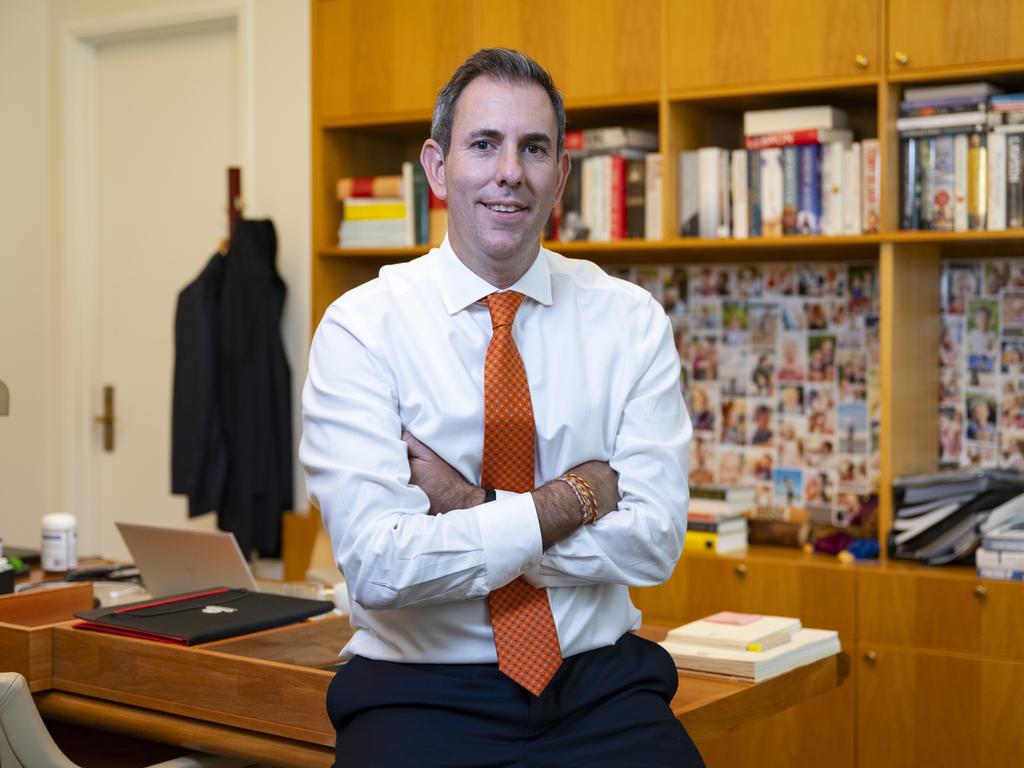

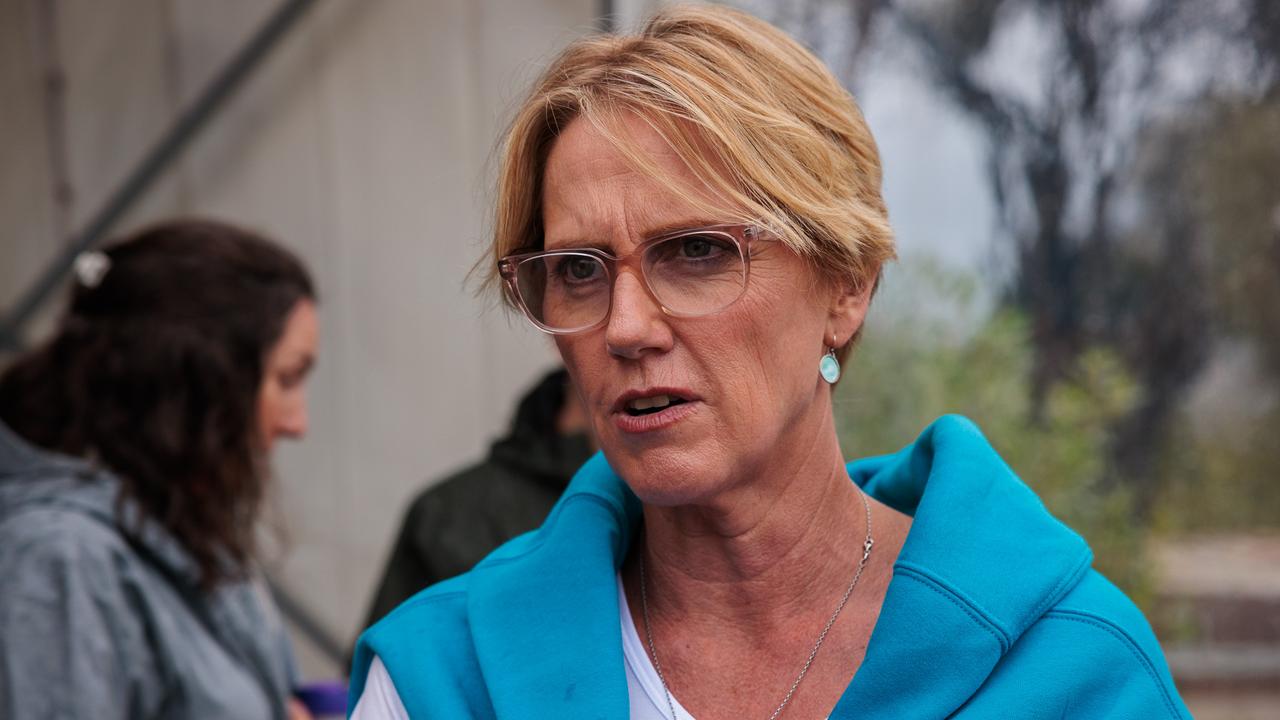
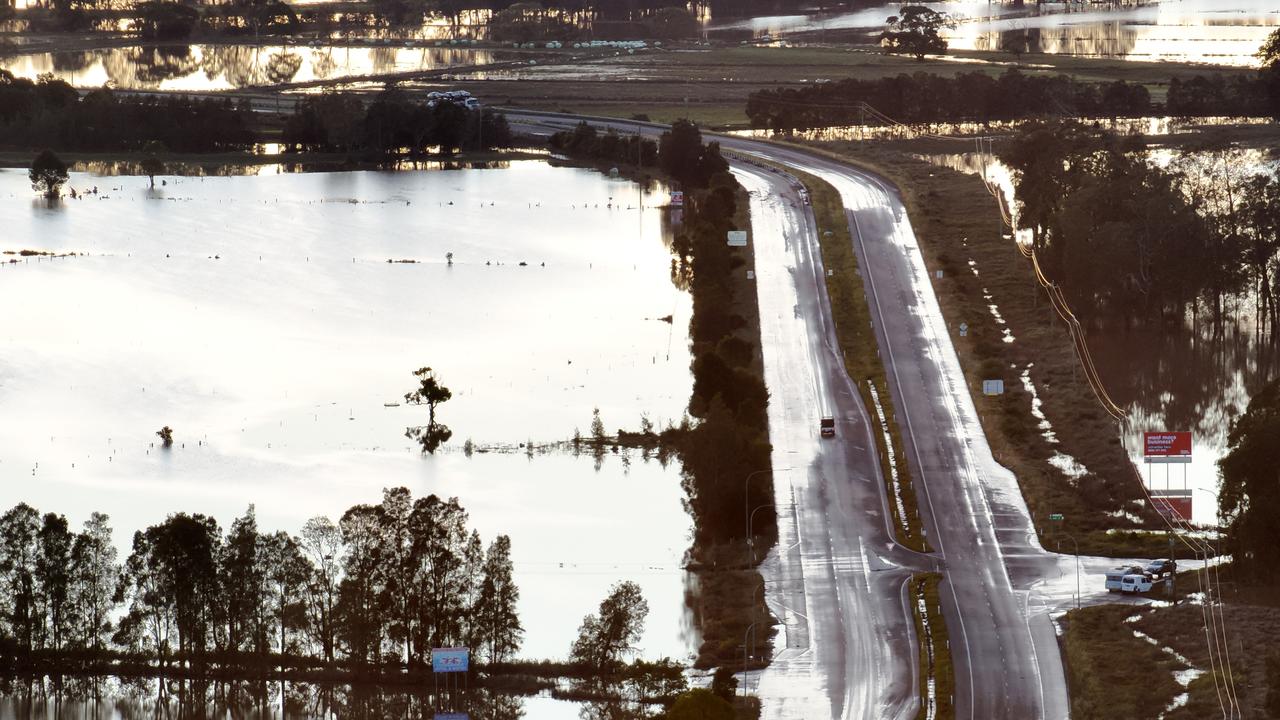
To join the conversation, please log in. Don't have an account? Register
Join the conversation, you are commenting as Logout